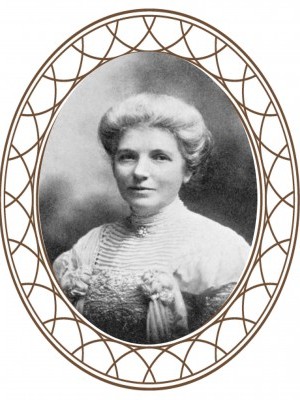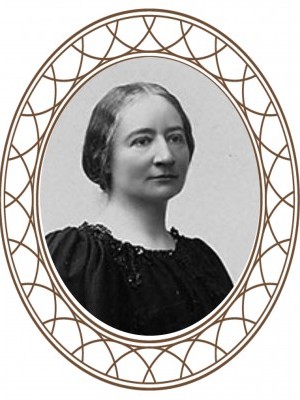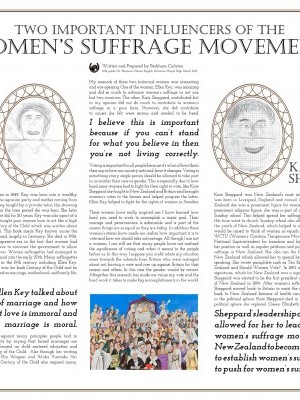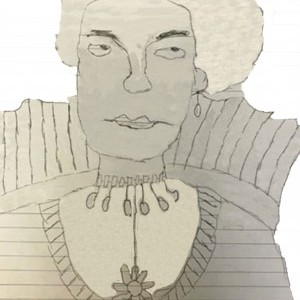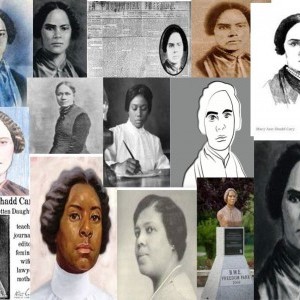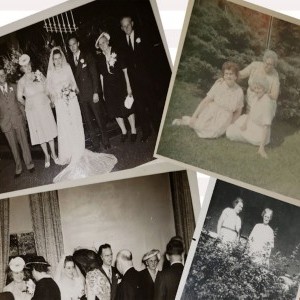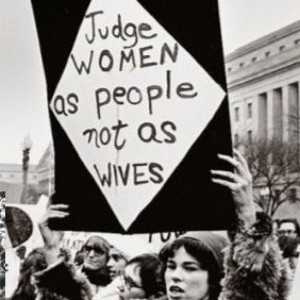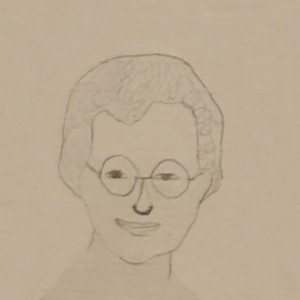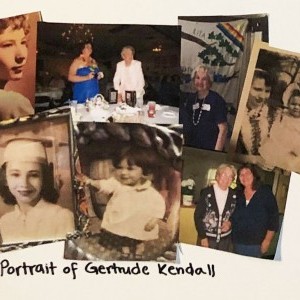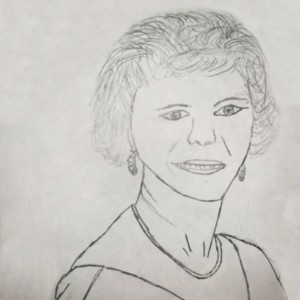Beckham Carleton
Rutherford B. Hayes High School | Delaware City, OH | 10th Grade
Inspirational Family Member
Kate Sheppard
Kate Sheppard was New Zealand's most influential woman suffragist. She was born in Liverpool, England and moved to New Zealand in 1869. In New Zealand she was a prominent figure for women’s suffrage. Sheppard was also a prominent religious figure, she was a part of many religious groups and taught Sunday school. This helped spread her suffragist ideas because many people in this time went to church. Sunday school also allowed for her message to spread to the youth of New Zealand, which helped to make change because a generation would be raised to think of women as equals.
One of her main groups was the WCTU (Women’s Christian Temperance Union). She was appointed as the National Superintendent for franchise and legislation of the WCTU. She used her position as well as regular petitions and public meetings to advance women’s suffrage in New Zealand. She also ran the first women owned newspaper in New Zealand which allowed her to spread her ideas through writing as well as speaking. She wrote pamphlets such as Ten Reasons Why the Women of New Zealand Should Vote and Should Women Vote? In 1893 one of her petitions gained 30,000 signatures, which for New Zealand was a significant percent of their population. Sheppard was elected to be the first president of the National Council of Women of New Zealand in 1896. After women’s suffrage was passed in New Zealand, Sheppard moved back to Britain to assist the movement there. She later moved back to New Zealand because of health issues and was very little involved in the political sphere.
Kate Sheppard died in 1934. Due to her major role in the political sphere she replaced Queen Elizabeth II on the 10 dollar note. Sheppard’s leadership and literacy skills allowed for her to lead the way in the women’s suffrage movement and for New Zealand to become the first country to establish women’s suffrage, and helped to push for women’s suffrage in Britain.
Historical Figure I Admire
Ellen Key
Ellen Key grew up in Smaland, Sweden in 1849. Key was born into a wealthy family her father being the founder of the agrarian party and her mother coming from an aristocratic family. She grew up being taught by a private tutor, this showing her impressive amount of knowledge for the time period she was born. She later took up teaching in Stockholm, which she did for 20 years. Key was also a part of a group of eleven other wealthy women who taught poor women how to act like a high class lady. She then wrote the book Century of the Child which was written about marriage, motherhood, and family life. This book made Key known across the world. In 1903 she started lecturing abroad and largely in Germany. She died in 1926.
Twentieth century Sweden was a very progressive era in the fact that women had equal rights with men. Reformists did have to convince the government to allow women to be priests and soldiers however. Women suffragettes had managed to gain equality through the 19th century and into the early 20th. Many suffragettes had fought for privileges for woman in the 19th century including Ellen Key.
Ellen Key's main contribution to society was her book Century of the Child and her lecturing. These topics were mainly focused on marriage, motherhood, and family life. One of the things she talked about was the morality of marriage and how a marriage without love is immoral and how love without marriage is moral. This is important because this goes against many principles people had in that time and also it would give women rights by saying that forced marriages are immoral. Ellen Key also was very focused on child-centered education and parenting, shown by her book Century of the Child. Also through her writing she inspired many other writers like Elin Wagner and Yamada Waka. Her lectures concerning the same topics of Century of the Child also inspired many.
What the Project Means to Me
My research of these two historical women was interesting and eye opening. One of the women, Ellen Key, was amazing and did so much to advance women’s suffrage in not one but two countries. The other, Kate Sheppard, contributed but in my opinion did not do much to contribute to women’s suffrage in a pure form. However, she did contribute to causes she felt were serious and needed to be fixed. I believe this is important because if you can’t stand for what you believe in then you’re not living correctly.
Voting is important for all people because it’s what allows them their say in how our country acts and, how it changes. Voting is something every single person should be allowed to take part in no matter their race or gender. This is especially due to how hard some women had to fight for their right to vote, like Kate Sheppard who fought in New Zealand and Britain and brought women’s votes to the former and helped progress the latter.
Ellen Key helped to fight for the rights of women in Sweden. These women have really inspired me; I have learned how hard you need to work to accomplish a major goal. Their courage and perseverance is admirable and is part of the reason things are so equal as they are today. In addition these women’s stories have made me realize how important it is to vote and how we should take advantage of it. Although I am not a woman, I can still see that many people have not realized the significance of voting and what it meant to the people before us. In this way I suppose you could relate my situation more towards the colonists from Britain who were outraged about not having a vote and rose up against Britain for that reason and others. In this case the gender would be correct. Altogether this research has made me value my vote and the hard work it takes to make big accomplishments in the world.
Explore the Archive
More From This Class
Click on the thumbnails below to view each student's work.Deadline Extended
There's still time to join Women Leading the Way.
Become a part of our storytelling archive. Enroll your class today.
Join the Project

